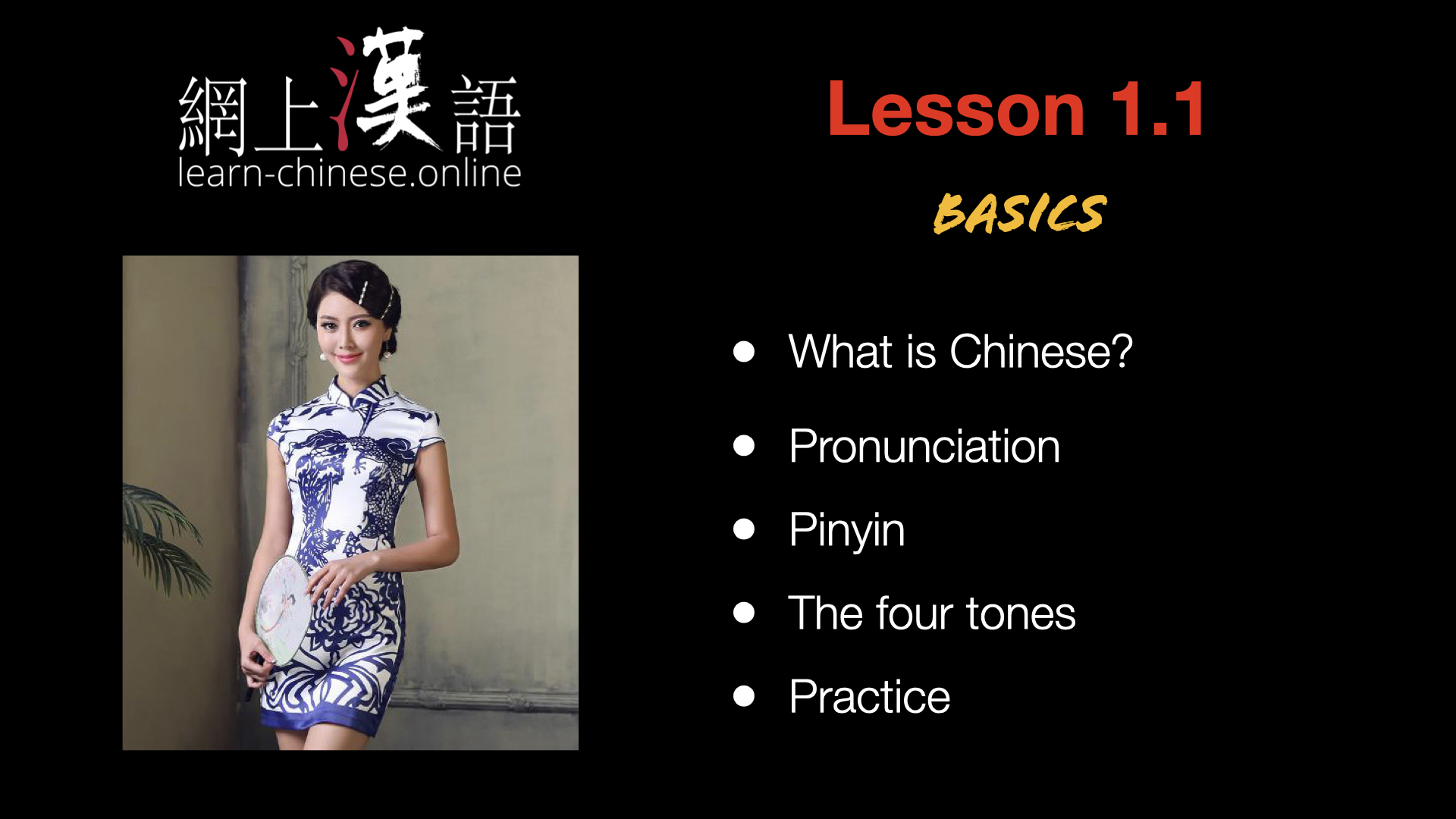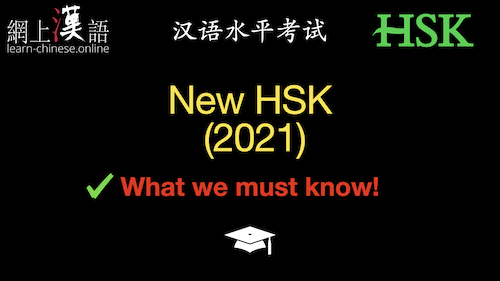Introduction to Chinese grammar
Chinese grammar is quite simple: no gender (male / female), no plural, no conjugation: words are invariable. That's why words place is very important and, as we shall see later, follows a logical order. The context is important to know, for example, if one speaks of one or several things.
The simple phrase in Chinese
In Mandarin Chinese, the simple sentence is built on the model SUBJECT + VERB (+ OBJECT).
Chinese adjectives
But first surprise: 好fine, wellis what we call an adjectival verb, that means the adjectivegoodalready carries with it the verbto be. So do not add an auxiliary verb to adjectives in Chinese.
The peculiarity of these adjectival verbs (be well, being tired, being content, etc.) is that in the affirmative, they imply a comparison. Thus:我好 is not a complete sentence. It would mean I'm fine but ...(you're not finefor example to complete the sentence.)
To remove comparison and make a complete sentence, we need to add the adverb 很
The phraseI'm fineis written: 我很好
But then, this phrase is translated byI'm fine.orI'm very well? In writing, the difference is impossible to do, so there is ambiguity. By cons, when we speak, if the 很 is not accentuated it meansI'm fine.
listen:
If 很 is accentuated, it meansI'm very well.
listen:
No conjugation
In Chinese, there is no conjugation:
我很好。 I'm fine.
你很好。 You are well..
他很好。 He is well.
Negative sentence in chinese
To do a negative sentence, we must add the negation 不 before the verb:
我不好。 I'm not well.
CAUTION: 不 is an adverb and in Mandarin Chinese, the adverbs are always put before the verb.
Since it is not an affirmative sentence, the adjectival verb expresses no comparison. It is therefore not necessary to add the adverb 很 .
The interrogative sentence
In Chinese, the yes-no questions (question which can be answered with yes or no and don't give information. ExampleAre you alright?is a yes-no question, butHow are you ?is not), is built in a very simple way:
Sentence + 吗 ?
Example : 你好吗? Are you alright?
Notes:
- as it is not an affirmative sentence, the adjectival verb (好 fine) does not imply a comparison. So we do not need to add 很 . If we add it, then it means:Are you very well? 你很好吗?
- questions in Chinese has no reversal. The sentence structure is the same:subject + verb + object.
The interrogative particle
The interrogative particle 呢 is used to return a question Example :
你好吗? Are you alright?
我很好,谢谢,你呢? I'm fine, thank you, and you?
我不好。 I'm not well.
Warning! The particle 呢 is not place at the end of a sentence, just after a word, otherwise it takes on another meaning (meaningto be in the process of), but we will see this in more detail in another lesson.
← Previous page - Summary - Next page →

































